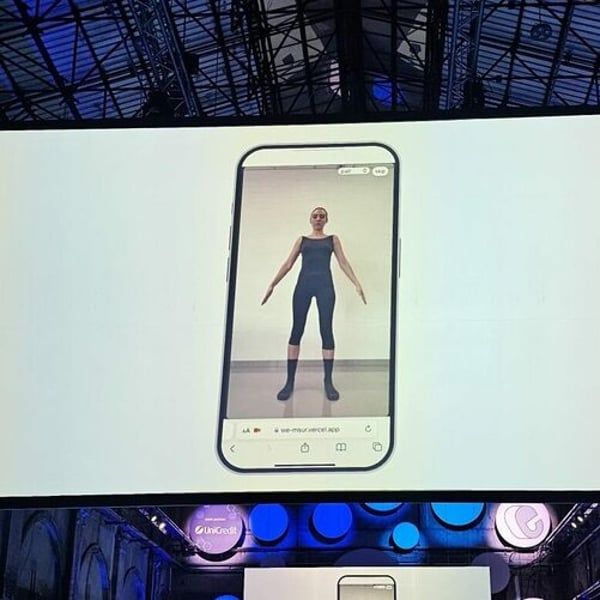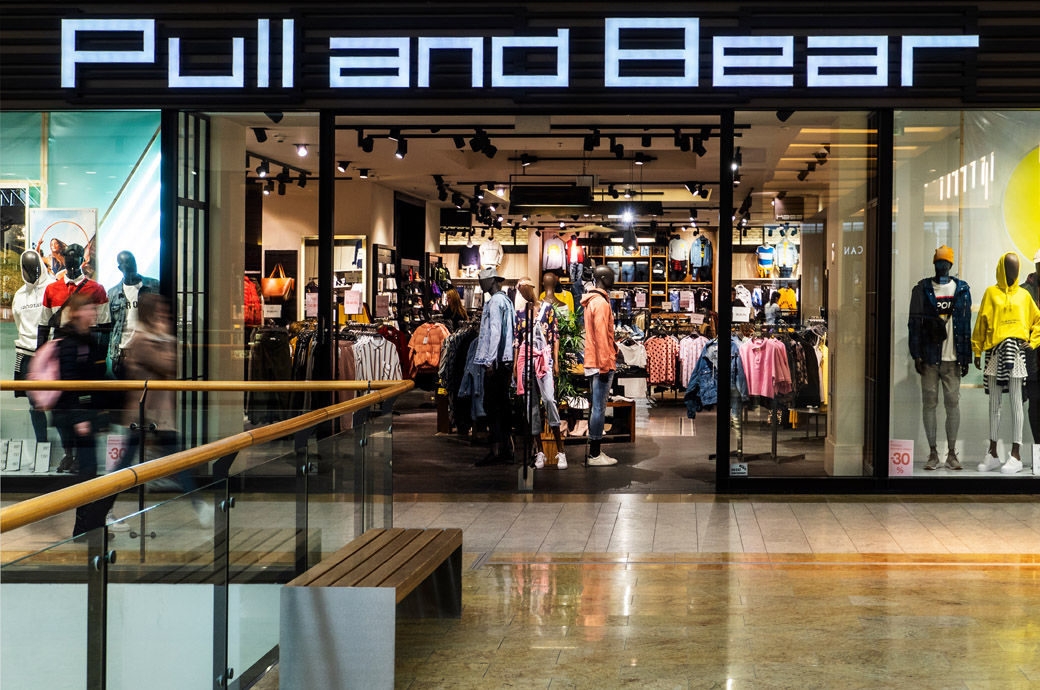Still hesitating a year ago, the luxury and fashion industry is now embracing artificial intelligence without restraints. The phenomenon has swept the sector and is beginning to have a tangible impact at all levels, whether in terms of organization, logistics, sales, design, communication, etc. This was the conclusion reached by several players in the luxury industry at the eP Summit conference on fashion and technology, organized on April 9 and 10 in Florence by the organizer of the Italian fair Pitti Immagine.
“AI is not a sector or a tool, it is a context. It is a tidal wave that has reached everything. It has already entered our lives, marking a new beginning,” says Marco Formento, Global Director of Innovation at Dolce & Gabbana, highlighting that large technology groups, from Google to Apple, “are already restructuring and redesigning their business organization and their offer in line with AI.”
Massimo Mazza, global marketing director at Roberto Cavalli, uses the word tsunami to describe the effects of AI on design, which is currently being tested at the luxury house, which is working on a capsule collection project linked to its archives. “The first results surprised the creative teams,” says the manager, who is also favorably impressed by the application of AI technology in other sectors, such as in the production of catalogs for electronic commerce.
Substantial savings
“Starting from a 2D image of a piece, we can reproduce it on a 3D mannequin. This allows us to create virtual mannequins exclusively for our brand, customizing them according to the countries we target and the morphologies we want to highlight. “We can create content and everything type of campaigns without having to worry about image rights,” he points out. “At the moment, AI is allowing us to save 40% compared to the traditional budget for this type of projects. But beyond monetary issues, this technology offers us many more possibilities and enriches the shopping experience.”
“AI can bring real added value, even to very technical catalogues,” adds Alessandro Pacetti, global director of consumer sales at footwear manufacturer Vibram. “For example, in the case of our template catalogs, this translates into more experiential content, which provides emotion, creativity and storytelling,” he believes. Like many other brands, Vibram has also integrated AI into its CRM and customer experience. “From the use of multilingual content to order management and constant data updating, AI has become a service that offers us countless possibilities in terms of digital operations,” he summarizes.

The level of precision and acceleration of processes has been further improved in recent months, resulting in real advances for brands, which are intensifying their partnerships with startups and technology companies.
Pinko, for example, has partnered with Data Life, a data specialist, which has helped it develop a much more refined predictive tool and improve its replenishment policy. “We have gone deeper into data analysis, taking into account new elements thanks to AI and increasing the value of products in stock,” explains Alessandra Decaneto, head of data science and data analyst for luxury ready-to-wear. Italian. label.
Data interpretation
The technology has proven to be especially effective for Pinko's weekly store sales reports, not only managing all the data, but also interpreting it, giving the brand's employees the opportunity to interact directly with the AI. “This report highlights successful products and sales trends, or points out an item that has not performed as expected in a particular store. We have also created a sales assistant. The system responds very quickly and accurately, and can generate a replenishment of specific replenishment on demand. proposed for a specific store”, explains the general director of DataLife, Iacopo Cricelli.
“Before, this work was carried out through the experience of the clerk,” says Alessandra Decaneto, recalling the importance, in this process of organizational change, of “incorporating people.” “They must remain at the center. AI is there to stimulate business, not replace it.” But she also recognizes that “technology is generating significant savings in terms of operational efficiency.”
Another notable advancement on the technological front is its ease of use. “It is no longer necessary to know how to use control panels as before, everything is simplified so that all users in the company can understand and interact with the data. It is an unprecedented tool,” concludes the Pinko data specialist.

This ease of use of the system, which is helping to make AI increasingly accessible, is a characteristic of many of the latest generation start-ups, which are mainly aimed at SMEs that do not have the same resources as large companies. luxury houses. Like Indigo.ai. This platform, founded in 2016, allows brands to create their own conversational agents and virtual assistants based on generative AI. The company has around a hundred clients and is one of eight startups selected by eP Summit for its Innovation Award.
“Our project puts AI at your fingertips. Our clients choose us because their marketing team can use this tool directly, customizing it according to the brand's requirements, without needing to be data scientists. Not all SMEs have the resources or the time to dedicate. a team to develop this type of tool,” says Dario Cereo, who works in marketing and sales at Indigo.ai.
Another initiative is Brandplane, a B2B platform launched in February 2023 by Marta Basso and Emanuele Bartolesi, which facilitates the creation of marketing strategies and content. It makes available to each client, through an application, a dedicated AI, previously trained and designed to improve as it is used. Powered by each company according to its own values, objectives and other criteria, it generates personalized content, while preventing company data from becoming public.
“It is estimated that marketing teams spend almost 40 hours a week creating content that could perfectly be produced by a machine,” say the entrepreneurs, explaining that they have tried to make AI “accessible to everyone, without targeting people.” immersed in technological knowledge”. Brandplane employs about ten people. It has a thousand clients, who will soon be joined by 25,000 SMEs in the tourism sector thanks to a collaboration with the Italian Ministry of Tourism.
Copyright © 2024 FashionNetwork.com All rights reserved.












